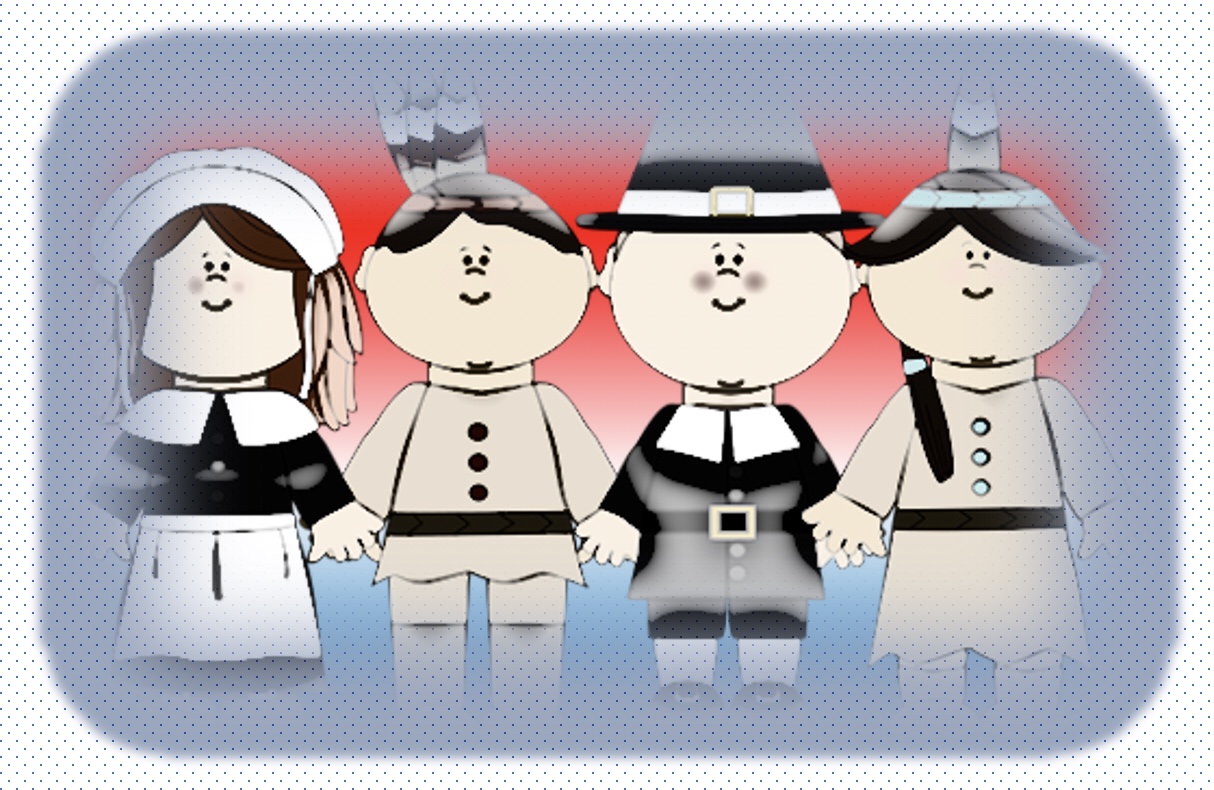Thanksgiving provides an opportunity to reflect on gratitude. I’ve written a number of columns over the years about Thanksgiving and the spirit of gratitude. It is good to be grateful. But gratitude requires honesty. And giving thanks should be grounded in truth.
It is possible, after all, for gratitude to be mistaken. We can thank the wrong person, for example. Or we can misunderstand what we are thankful for. Gratitude misfires, for example, if I thank someone for a gift that they did not give me. We’ve got to get the facts right, when we express gratitude. We also need a correct interpretation of those facts.
Nor does it make sense to be thankful for “bad gifts.” It is not appropriate to give an alcoholic booze for his Christmas. Nor should a drunk really be thankful for such a present. Gift-giving and thankfulness imply that the gift is beneficial and represents goodwill.
Moreover, saying thanks does not justify misdeeds. If someone eats the pumpkin pie on my plate without my consent, saying “thanks” does not make the theft OK.
All of this is especially important at Thanksgiving, when our rituals are infused with misleading myths that conceal terrible misdeeds
The Thanksgiving myth celebrates religious freedom and hospitable relations between European settlers and Native Americans. These are noble ideas. Religious liberty ought to be celebrated. And hospitality is important. Unfortunately, both ideas are mythological when it comes to the Pilgrims and the first Thanksgiving.
The Christian colonizers viewed the natives as heathens. The colonizers did not respect indigenous religions. Nor did the Puritan colonists tolerate Christian dissenters: Quakers were persecuted in New England, as were figures such as Roger Williams and Ann Hutchinson (see Smithsonian for details). When it comes to religious liberty today, it is the First Amendment we ought to thank—not the Pilgrims.
The European colonists were not friendly to the natives. Columbus himself began the process of enslaving the natives on American mines and plantations, while also exporting slaves to Europe. The African slave trade grew as the Native America slaves began to die out from European diseases.
By the time the Pilgrims landed over 100 years after Columbus, European diseases had already decimated native populations. The land of the Pilgrim’s pride had originally been cleared by natives who had recently died.
The Pilgrims were aided in their settlement by Squanto, a native American who had been taken to Europe as a slave. Squanto returned to his homeland only to find that his tribe was dead from disease.
There is even more to the story. I recommend Loewen’s “Lies My Teacher Told Me” as a useful source that dispells the myths of the first Thanksgiving and discloses the horrible truths of European colonialism.
Now let’s ask what we should be thankful for today about this history.
Should we be thankful that Native peoples such as Squanto were enslaved—and thus had the linguistic skills that allowed him to help the Pilgrims?
Should we be thankful for the plague that killed the Indians before the Pilgrims arrived? In 1629, John Winthrop seemed to thank God for that “miraculous” plague that left the country “void of inhabitants.” Is it appropriate to thank God for the diseases that depopulated the continent?
These questions remind us that not everyone views Thanksgiving as a time of celebration. Native American activists have declared this a “day of mourning.” A plaque commemorating this reads: “Thanksgiving Day is a reminder of the genocide of millions of Native people, the theft of Native lands, and the relentless assault on Native culture.”
Some might conclude that this shows that gratitude is relative. Not everyone will be grateful for the same thing.
There is some truth here. But relativism is a cop out. Objective facts matter when it comes to gratitude. The more important problem is that we can be mistaken in our gratitude and misled by our myths. These mistakes can lead us to give thanks for the wrong things.
And so, as we enter into the holiday season, let’s enjoy giving gifts and giving thanks. But let’s be careful about the gifts we give. And let’s be thoughtful about what we are thankful for.


